A screen-free summer
At the entrance to camp, we have a big sign that reads: “At camp, we unplug so we can really connect.” That’s our highest aspiration for the campers and the foundation of our policy regarding devices. Please read on for the most common questions about electronics in camp, along with some related questions about communicating with your campers this summer.
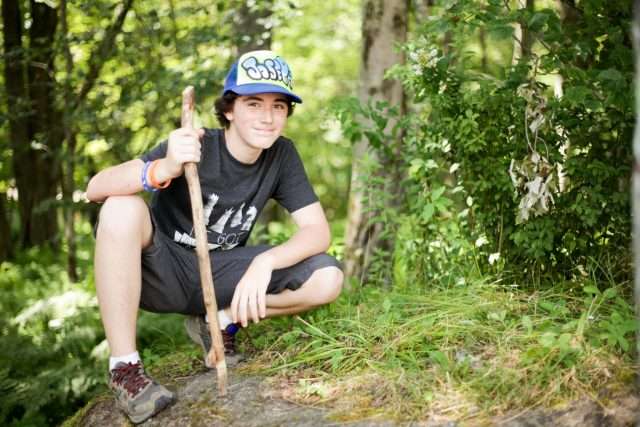

So cell phones should stay home, right?
Right! Camp is a place where kids don’t use their cell phones. The friendships that develop when kids unplug are a major reason your campers will have such a joyful, transformative, and magical experience this summer. As noted a couple years ago in the New York Times, “Camp is a sacred space to unplug and be able to learn independence and social skills. . . . It’s really important to put devices down and practice the art of face-to-face communication.” So please, make sure the phones stay home.
Can my camper bring a phone without a SIM card to use as a camera or music player?
No. All phones should stay at home. We do not allow any phones in camp, even those without SIM cards.
Why can’t campers call home?
Over the years, we have found that calls home often have the opposite of their intended effect. Hearing a parent’s voice sometimes takes kids out of camp’s happy, self-contained community and creates moments of sadness that wouldn’t otherwise occur. For this reason, we strongly prefer letters. Of course, parents can contact the camp office or their unit head at any time to check in on how their camper is doing. We will give you a full, detailed update.
We know there are no cell phones in camp, but what about other devices?
Any device with a screen should stay home. Camp is a screen-free environment. Some campers bring MP3 players for music, but only those without screens. When in doubt, please err on the side of leaving the device at home.
Do campers walk around camp with their music players?
NOOOO. Music devices are not allowed to leave the cabins and can only be used during very specific times of the day (during a rest period after lunch and for about 15 minutes after lights out).
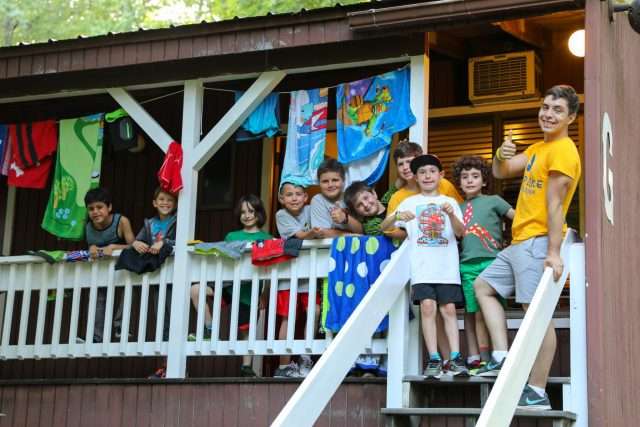

I know you post daily pictures on CampInTouch, but are cameras allowed?
We do post hundreds of pictures every night! You’ll have access to all those pictures and campers can see them when they come home. We do not allow campers to bring cameras to camp.
Sigh… Do you think they’ll write?
Yes! We require that campers write home at least twice a week, and we strongly encourage parents to write letters to camp as often as possible. In fact, now is a very good time to draft a couple letters that will arrive before your kids do. Campers love getting mail on the first day of camp… And remember, you can always send emails through CampInTouch too. Our mailing address at camp is:
Camp Zeke
Camper name
31 Barry Watson Way
PO Box 253
Lakewood, PA 18439
As always, please let us know if you have any questions at all as you get ready for camp. We’re here to help!
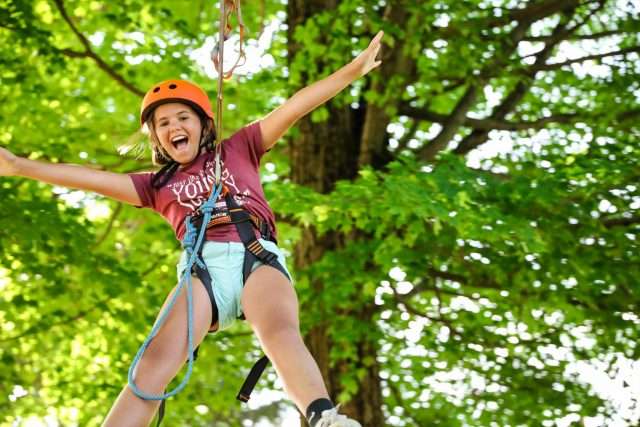

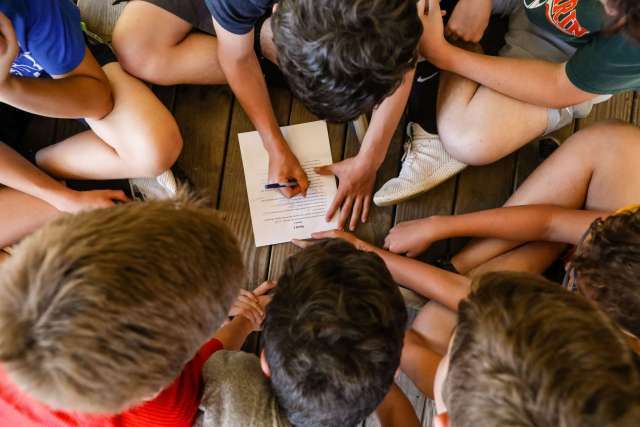
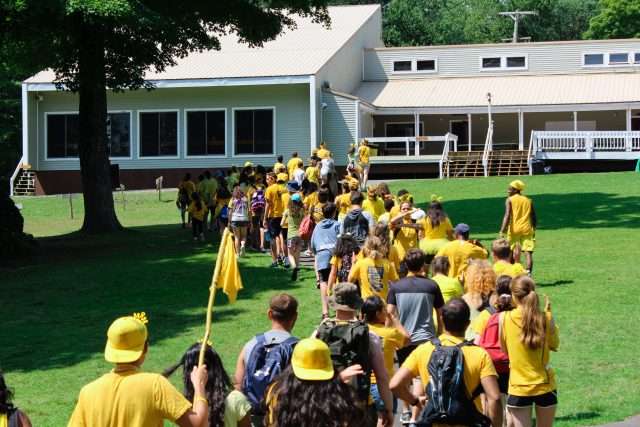
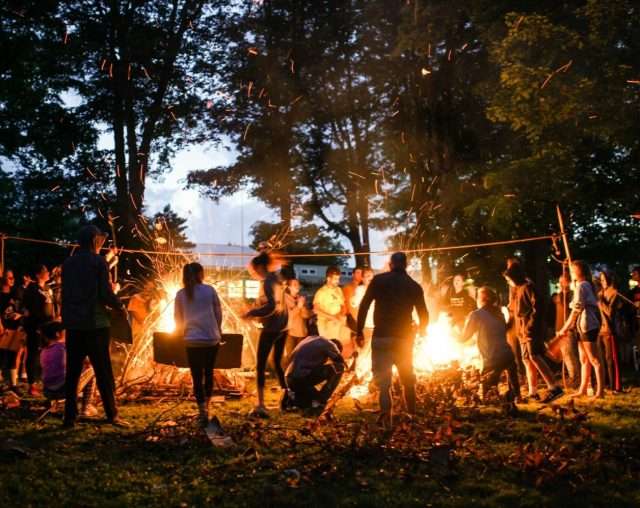
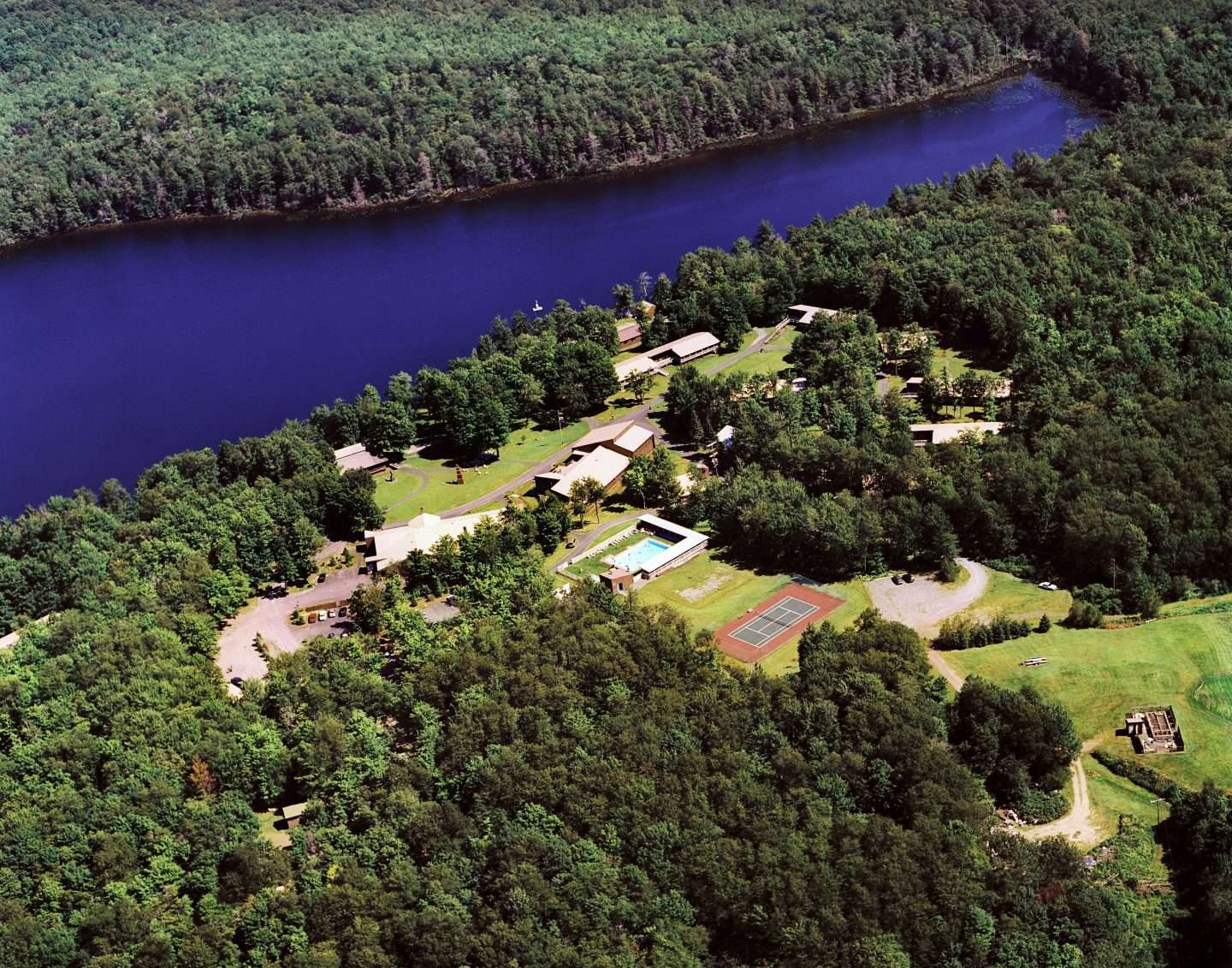
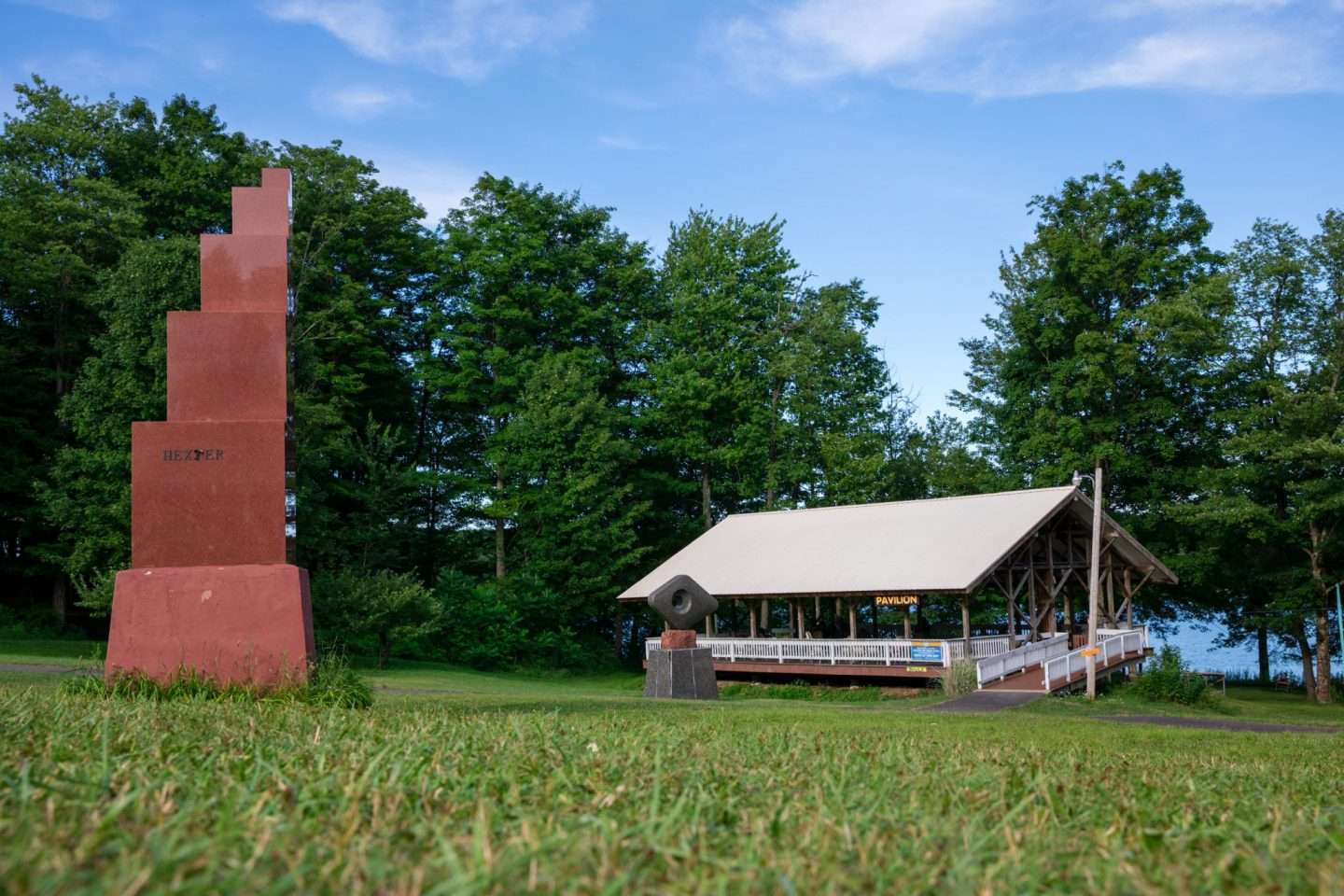
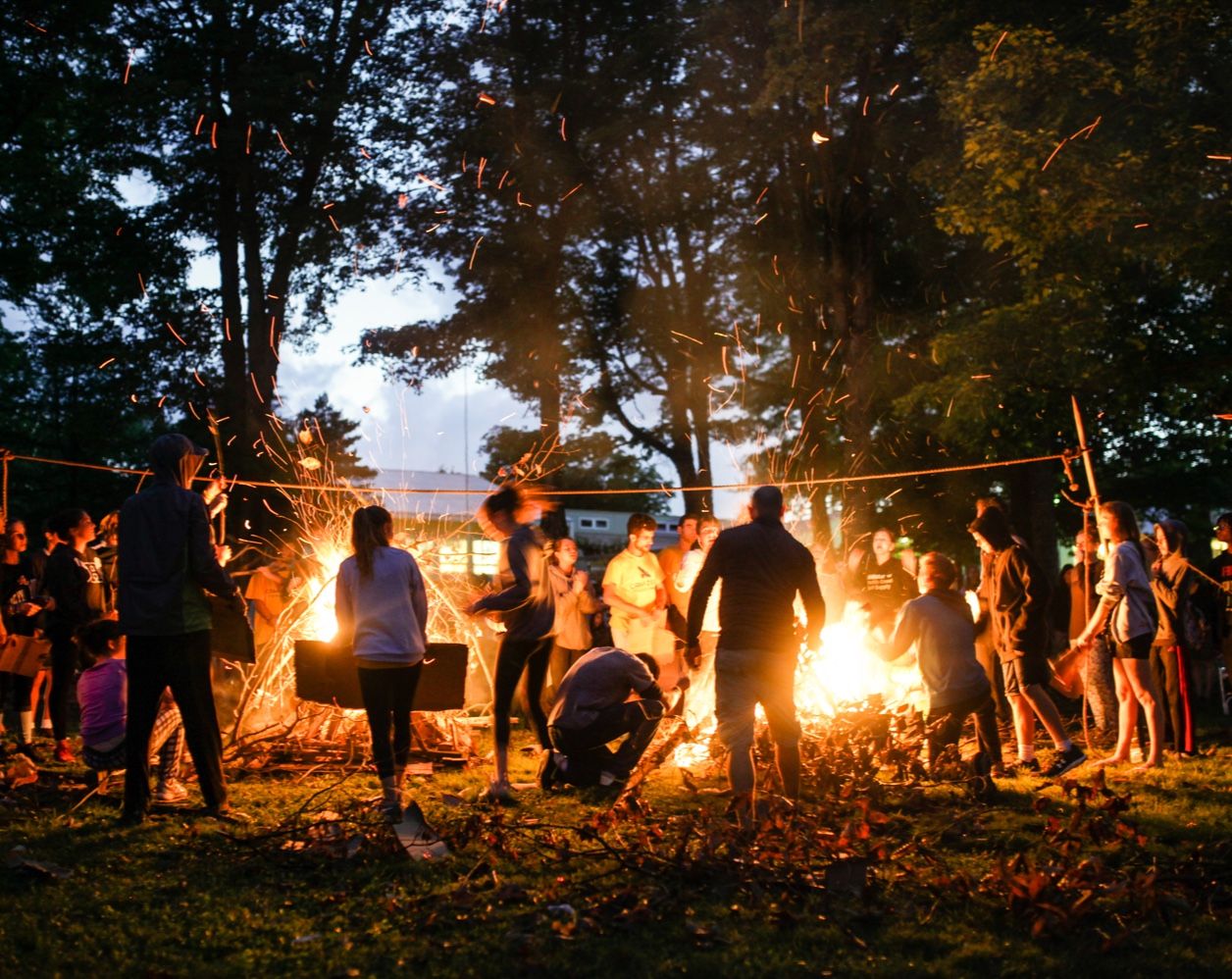







Recent Comments